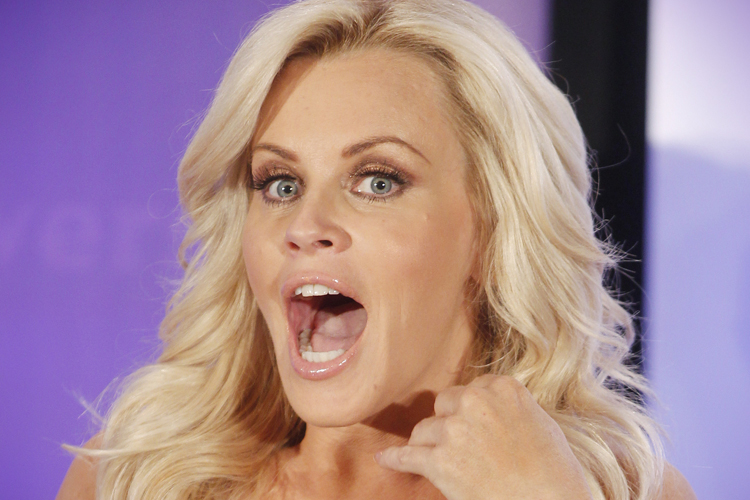The period between Jan. 1 and May 23 saw 288 confirmed cases of measles, the CDC announced Thursday — the most to be reported in the first five months of a year since 1994, and a new record for the post-elimination era.
This is a crisis: 288 cases may not seem like a very large number, but we shouldn’t be seeing any cases. Thanks to the MMR vaccine and the efforts of public health officials, measles was eliminated from the U.S. in 2000 — meaning we had gotten it down to a point where there was no continuous disease transmission in any one geographic area — and it remained so for over a decade. The responsibility for this highly infectious, dangerous disease now making a comeback is shouldered by people who refuse to get vaccinated — and by the public figures whose anti-vaccine alarmism encourages them to opt out. According to the CDC, 90 percent of this year’s cases occurred in people who either weren’t vaccinated or whose vaccination status was unknown; 85 percent of those said they chose not to get vaccinated for “religious, philosophical, or personal reasons.”
“The current increase in measles cases is being driven by unvaccinated people, primarily U.S. residents, who got measles in other countries, brought the virus back to the United States and spread to others in communities where many people are not vaccinated,” Dr. Anne Schuchat, assistant surgeon general and director of CDC’s National Center for Immunizations and Respiratory Diseases, explained in a statement. “Many of the clusters in the U.S. began following travel to the Philippines where a large outbreak has been occurring since October 2013.”
“To me, the fact that we’re seeing more cases is an indication of a problem that is increasing,” Stephen Morse, a professor of clinical epidemiology at Columbia University’s Mailman School of Public Health, told Salon when outbreaks were first reported earlier this year. If outbreaks continue to occur, the disease can reach a tipping point at which it will once against be considered endemic. In Europe, it took the vaccination rate dipping below 80 percent for that to happen; it’s unclear how close the U.S. is to a similar occurrence.
Back before we had a vaccine, the U.S. was accustomed to seeing up to 500,000 cases of measles each year. We’re nowhere near that point right now. But the fact that anyone’s life should be put at risk by a preventable disease should strike us all as unacceptable.

